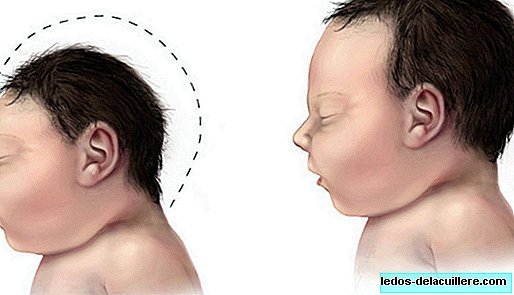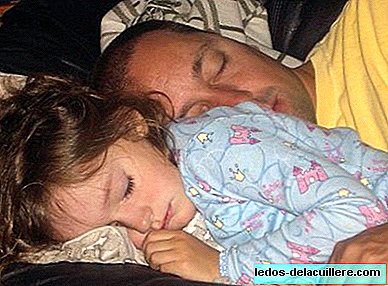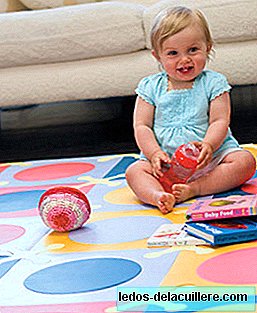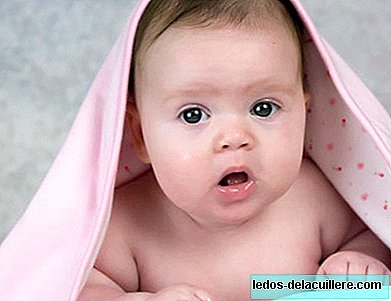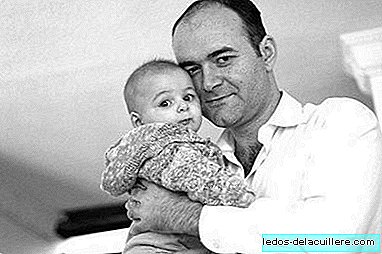
The tendency to have children at increasingly advanced ages can influence the new generations to live longer than the previous ones.
One of the keys may be, according to a study published in Proceedings of the National Academy of Sciences (PNAS), in which being elderly parents favors having older children.
Scientists at Northwestern University, Illinois, found that the children and grandchildren of men who were older parents are genetically programmed to live longer.
Why he has an explanation. It happens that the genetic formation of sperm changes as a man ages and develops a DNA code that favors a longer life, a characteristic that in turn is transmitted to the descendants.
In the terminations of the chromosomes that make up the DNA are structures called telomeres, which protect the cells, and whose length is linked to the life perspective of an individual. The longer the telomeres, the slower the aging and the longer the person.
The researchers found that while telomeres shorten with age in most tissues, in the sperm the telomeres lengthen with age. At the same time, they found that men whose parents were older at the time of their birth had longer telomeres.
However, refraining older men from having children, because although inheriting long telomeres might seem an advantage that guarantees that their children live longer, the biological clock of man also marks his rhythm and compensates for this advantage with significant disadvantages such as DNA damage and sperm mutations.
We do not know for sure how much more the children of old parents live compared to the children of young parents, the study does not specify. The difference is probably minimal, and it should not be minimized that sperm deteriorates with age and that advanced paternal age is related to disorders in children such as psychiatric problems, Down syndrome, bipolar disorder and autism.



